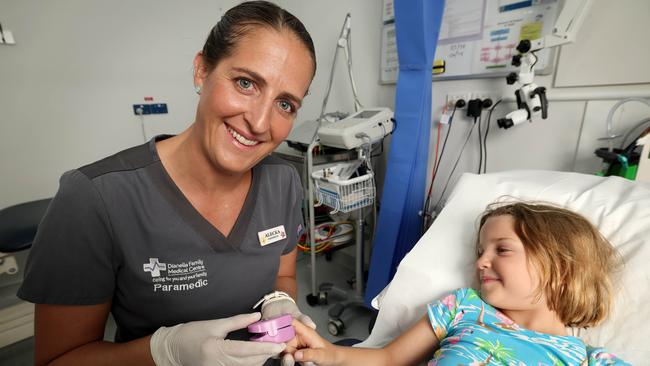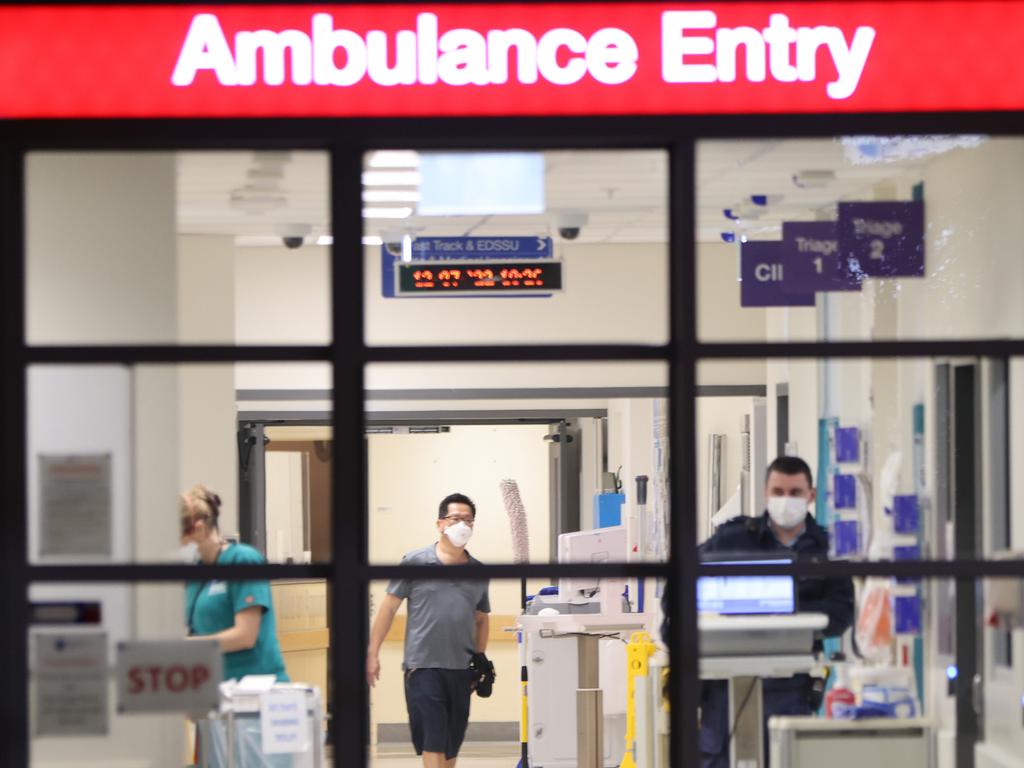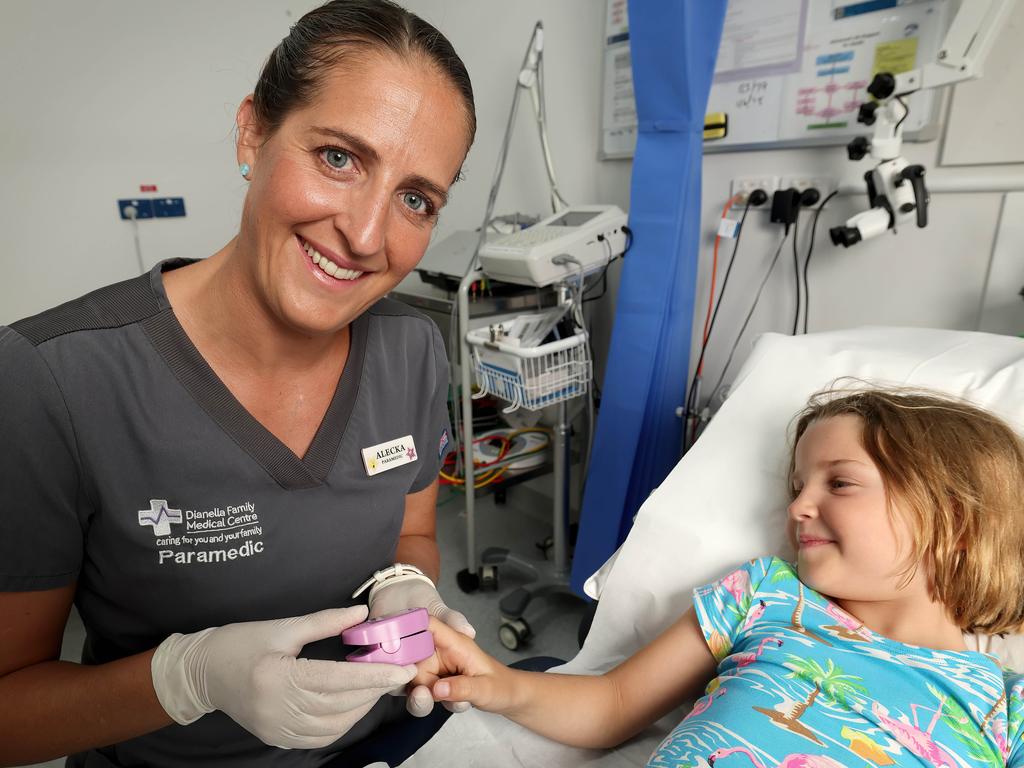Nurses funded under Medicare in GP clinics under reform proposals
Nurse practitioners, pharmacists and allied health professionals should be funded to carry out a greater array of healthcare under calls for major reforms to health workers’ scope of practice.

Nurse practitioners, pharmacists and allied health professionals should be funded to carry out a greater array of healthcare including maternity care in GP clinics under calls for major reforms to health workers’ scope of practice.
A federal government-commissioned independent review has recommended a suite of reforms that if implemented will break down legislative and regulatory barriers to these health workers taking over more frontline care in GP clinics, in line with the government’s push to encourage greater multidisciplinary teamwork within primary care amid widespread difficulties by patients to access appointments with doctors and rising rates of chronic disease.
The recommendations have been greeted with jubilation by nurses and allied healthcare groups, but peak doctors’ groups are warning of a move towards an “NHS-style system” that may pose risks.
The key recommendation of the review by business consultant and former senior bureaucrat in the department of Prime Minister and Cabinet, Mark Cormack, is the implementation of a new blended payment model to enable patient access to multidisciplinary healthcare delivered by health professionals working to their full scope of practice.
Such a model represents a shift away from outdated fee-for-service funding rules which restrict Medicare payments to patients to subsidising individual consultations with GPs.
“The new payment would be supported by a growth in investment in primary care, shifting the ratio of Australian government payments for primary care … fee-for-service (towards) blended payments … over time,” the report says. “This recommendation addresses and supports the growth of new and innovative primary care models, the sustainability of which have … been limited due to challenges accessing Medicare Benefits Scheme funding.”
A bundled payment for maternity care is also proposed, “thereby providing women and families with a range of affordable, accessible and integrated maternity care options in primary care and hospital settings” amid spiralling out-of-pocket costs in the private sector.
Allied health professionals, midwives, nurse practitioners and remote area nurses would also be able to issue referrals in line with their scope of practice.
The reforms are in harmony with the government’s policy agenda to modernise Medicare and gradually overhaul the fee-for-service funding model.
Another major recommendation that will attract the ire of doctors’ groups is the conferral of authority over registration and accreditation of health professionals to health ministers, eroding medical colleges’ authority over that process.
The Australian Medical Association was scathing of the planned reforms, saying the government “must resist leading Australia down the same failed path followed by the UK, where the primary care system is in tatters”. AMA president Danielle McMullen said the suggested reforms would fragment patient care and undermine the key role of GPs in delivering high-quality care for patients.
“The federal government has acknowledged there is a GP workforce shortage, but it must resist implementing Band-Aid solutions that will only make the situation worse, as seen in the UK,” Dr McMullen said.
“Turning this shortage around requires comprehensive reform, involving greater investment in support measures for Australia’s highly valued GPs.”
The AMA said decisions about standards of training and clinical practice must be made by independent, profession-led bodies, not politicians.
The Royal Australian College of GPs also warned the reforms “may make seeing a GP harder for some patients” and result in a costlier health system, more delays to care, and higher out-of-pocket costs for patients.
RACGP president Nicole Higgins said the report’s recommendations “will raid Medicare and set us up for a two-tiered health system where those who can afford to see a GP will, and those who can’t, don’t”.
“This isn’t gatekeeping, it’s co-ordination of a patient’s care by a GP who knows them, their context, and their history …”






To join the conversation, please log in. Don't have an account? Register
Join the conversation, you are commenting as Logout